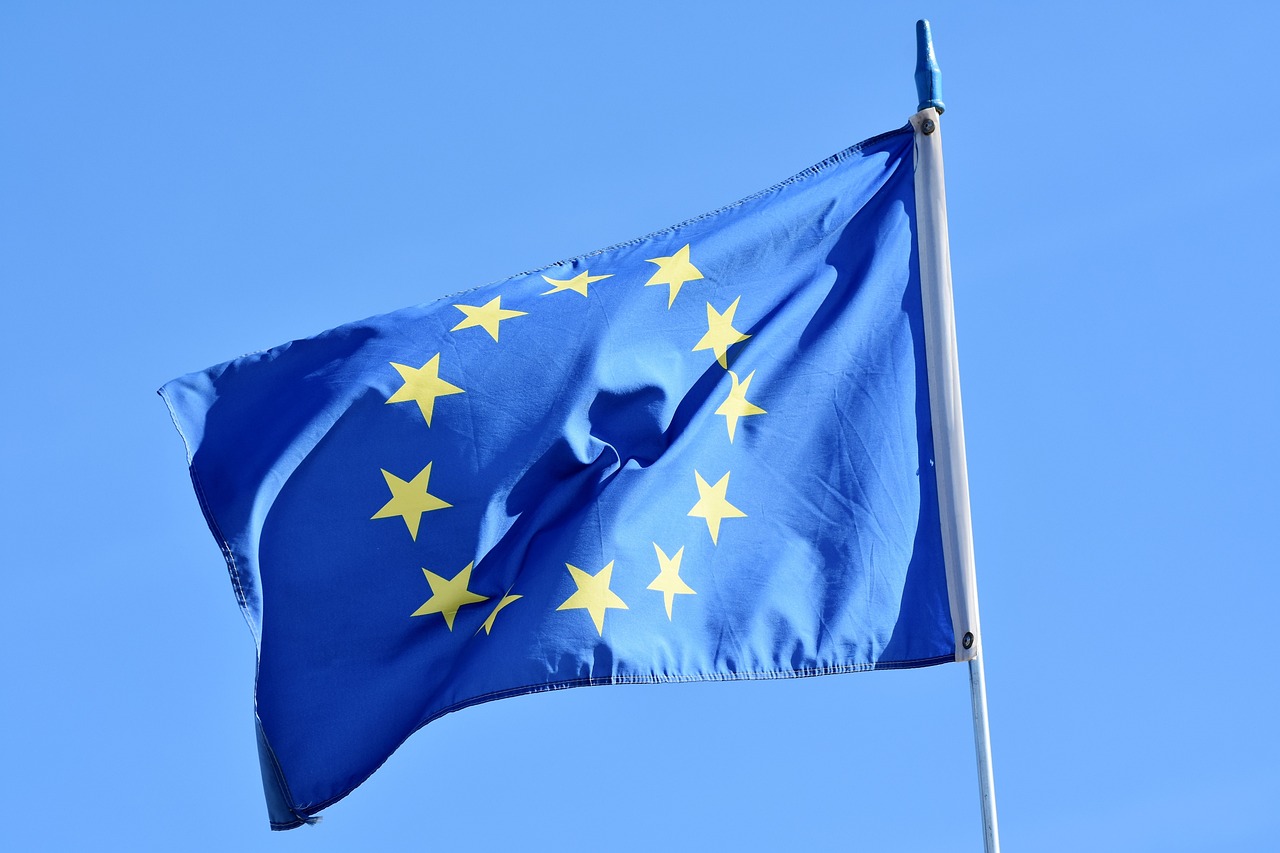The European elections are drawing ever closer. Articles of all kinds are reproduced and reiterated in the Brussels-based and national press in the member states with surprising assessments – sometimes with unreasonable conclusions. – the possibility that the new European Parliament will take a radical turn, with a predominance of patriotic, conservative or identitarian parties.
The more than foreseeable, exponential growth of parties such as Fratelli, VOX, or Rassemblement; the entry of new right-wing forces such as Chega, the consolidation of Fidesz or Law and Justice, despite the attacks of the press; the possible irruption of other democratic forces, seems to be shaking the foundations of the European press, so used to singing the praises of the ‘grand coalitions’ of popular, socialist and liberal parties, sometimes also with the Greens.
Obviously, they omit in all their analyses that if these parties are growing, and in some cases can double their representatives in Brussels, it is because the citizens are going to vote for them. It is a disease of our times to assess a society as democratic or not according to the party that governs or wins elections. Thus, radical and dangerous Poland has become, in less than a few months, an example of democratic functioning for the Brussels oligarchy, only because Donald Tusk won; or rather, only because Donald Tusk managed to form a coalition government despite not having won the elections.
The Gospel says: by their fruits or by their deeds you will know them. In today’s politics and press, the opposite is true. Never mind the facts. What matters is where or with whom you line up; or where or with whom you have your photo taken.
Really, it never ceases to amaze me that there are not even half as many articles when a radical left-wing or outright communist party has a good election result. The European press, with the right exceptions, demonstrates not only an insufferable sectarianism, but a notorious ability to manipulate the message. But the very expected growth of the patriotic bloc in Europe is another demonstration that the influence of the traditional media – television, radio and print media – is in clear decline. 
And not only for young people. I believe that millions of Europeans are turning away from published opinion every day, basically because what is published has nothing to do with the reality experienced by millions of farmers or livestock breeders, small businessmen, policemen or teachers, who are suffering the effects of policies that harm their lives, the prosperity of towns, the profitability of companies and farms, insecurity in the streets or the loss of authority of teachers.
There is, I truly believe, a slow but steady rebellion – sometimes silent – of broad layers of society, workers, civil servants, small and medium-sized entrepreneurs.
And now is not the time to extinguish that rebellion. On the contrary, we have a political and moral duty to fan the flames of complaint and give a voice to millions of Europeans who no longer see themselves represented in the Brussels institutions, which are more concerned with promoting ideologies, often sectarian, than with the security and prosperity of European families.
Certainly, the conservative, patriotic, identitarian movement in Europe is marking the campaign. Let us hope that it can also mark the policies of Brussels.



 Subscribe
Subscribe